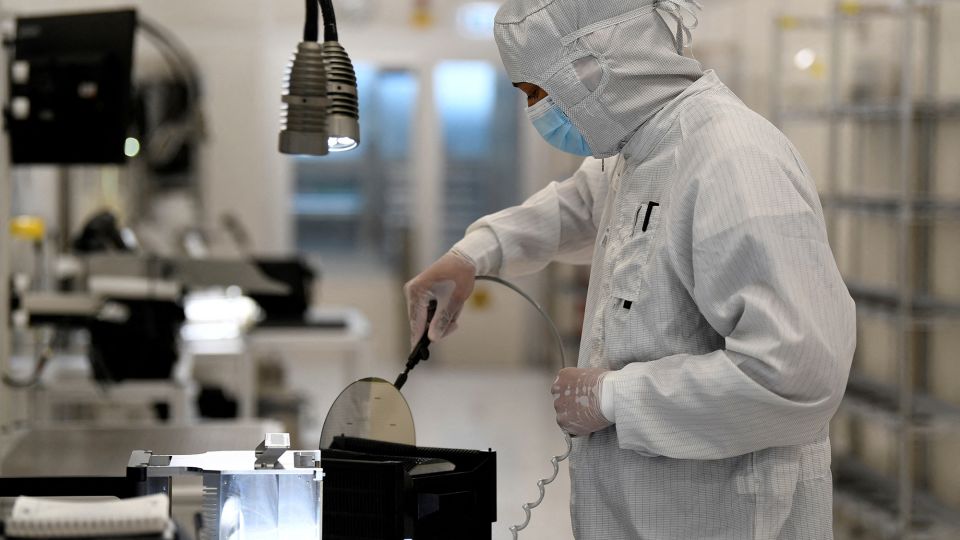China backs off chip export ban that could have shut down global auto plants
China has agreed to allow the export of chips critical to auto production, averting widespread shutdowns that had been predicted by the industry.
The chips are provided by Nexperia, a Chinese-owned chipmaker based in the Netherlands. It’s a critical supplier for the global auto industry, providing 40% of the automotive chips in the market segment that includes transistors and diodes, according to research firm TechInsights.
After the Dutch government took control of Nexperia several weeks ago and removed its Chinese CEO, citing national security concerns, Beijing suspended shipments from China. Auto industry trade groups in the United States and Europe both feared the trade dispute would lead them to run out of the chips they needed. That could drive up car prices, as happened in the years following the pandemic.
After US President Donald Trump and Chinese leader Xi Jinping met last week, Beijing said it would allow customers to apply for exemptions from a recently imposed export control and get the chips they need.
“As a responsible major country, China fully considers the security and stability of domestic and international supply chains,” according to a statement on Saturday from China’s Ministry of Commerce. “We will comprehensively consider the actual situation of the companies and grant exemptions to eligible exports.”
The statement also said that “the Dutch government’s inappropriate interference in the company’s internal affairs (had) led to the current chaos in the global supply chain.”
In a separate statement on Tuesday, the ministry claimed “the Dutch side continues to act unilaterally” and warned that this would “inevitably deepen the adverse effects on the global semiconductor supply chain.”
It said China was acting responsibly by announcing that it would exempt qualified exports and urged Dutch authorities to “act from the perspective of maintaining the overall stability and security” of trade relations between China and the Netherlands and China and Europe.
The Dutch government took control of Nexperia last month under pressure from the US government, which had placed its Chinese parent company, Wingtech, on a blacklist of companies it saw as posing a national security threat. In response to the Dutch action, the Chinese government ordered the export controls that stopped shipments of Nexperia chips for weeks.
A US-based auto industry trade group hailed the Saturday announcement from Beijing and thanked Trump for the agreement with China that it said had averted the crisis. It called the agreement “obviously, a positive resolution to a potentially disruptive situation that should keep US and global automaking on track.”



Leave a Comment
Your email address will not be published. Required fields are marked *